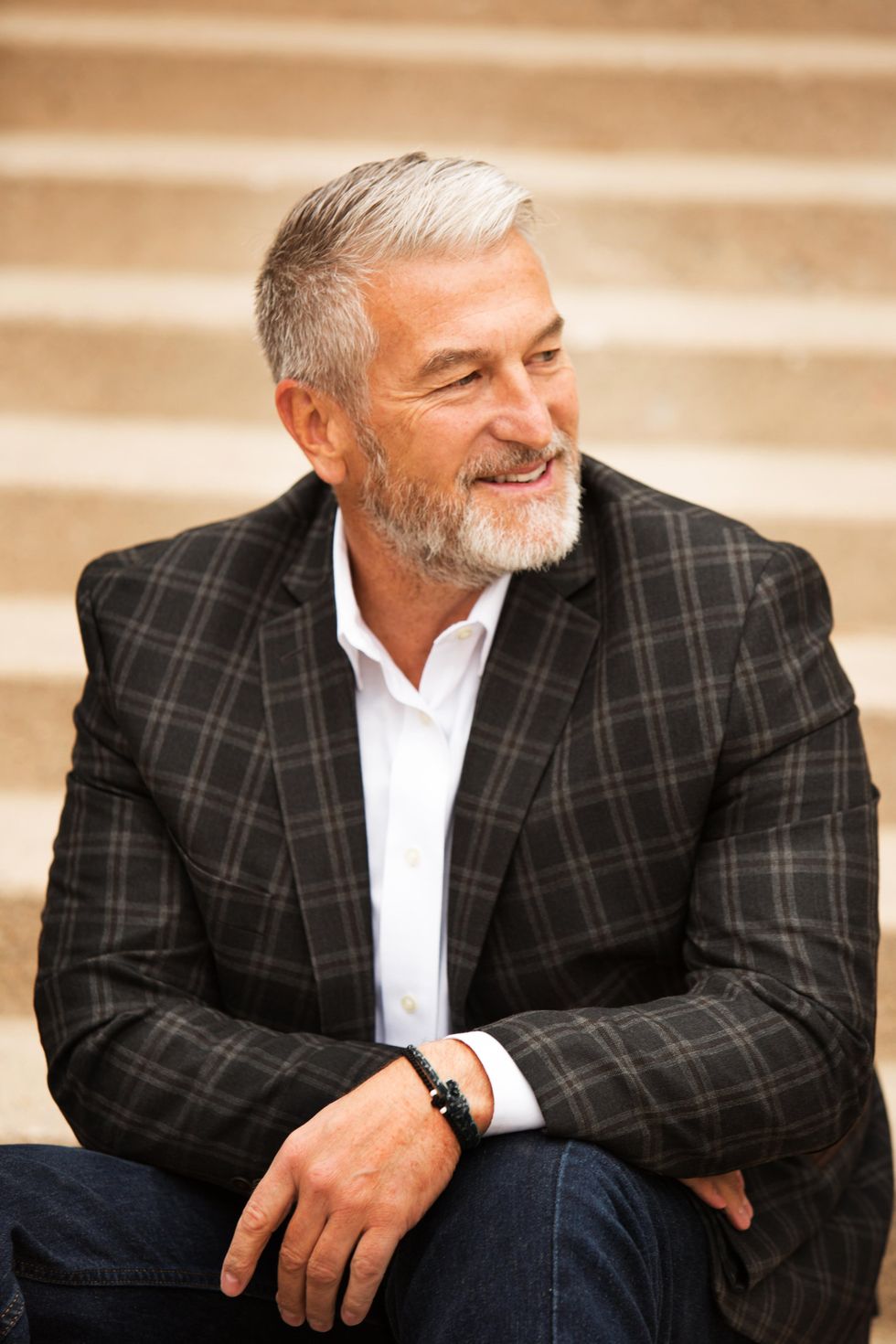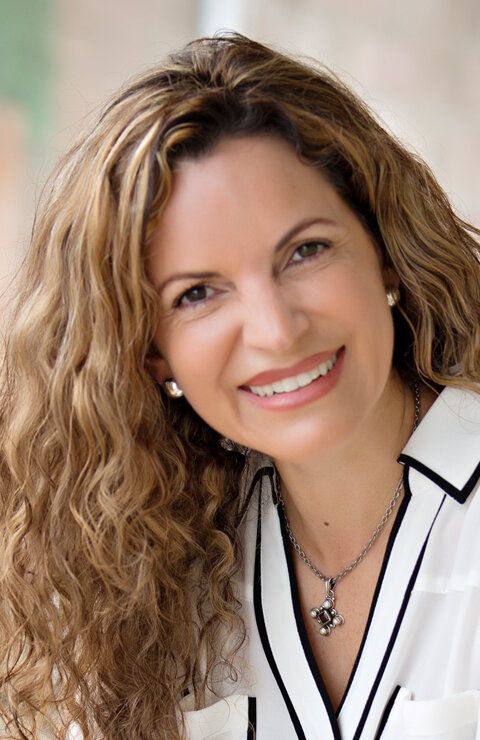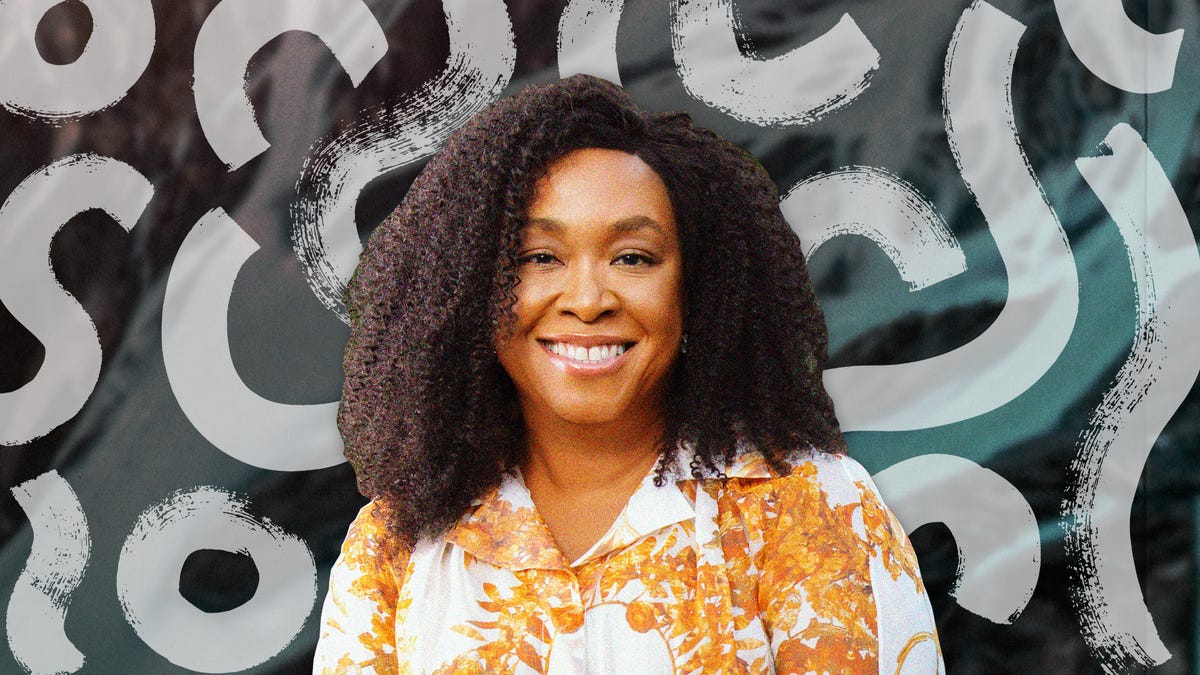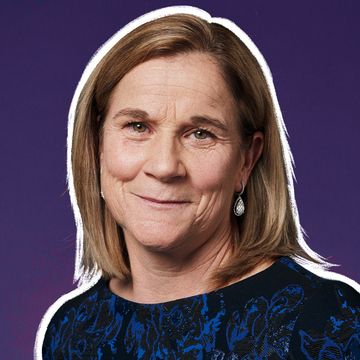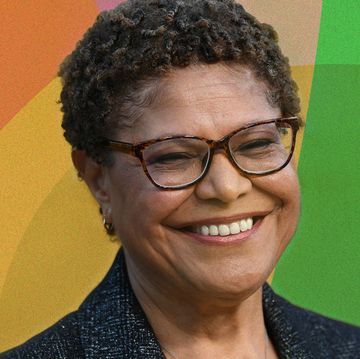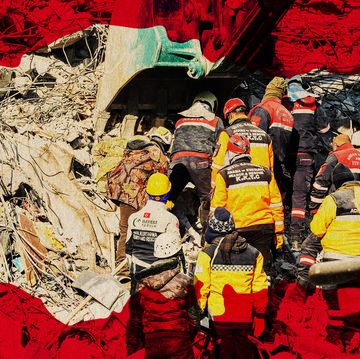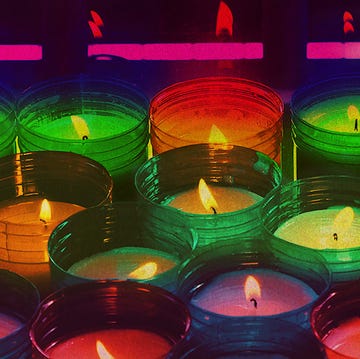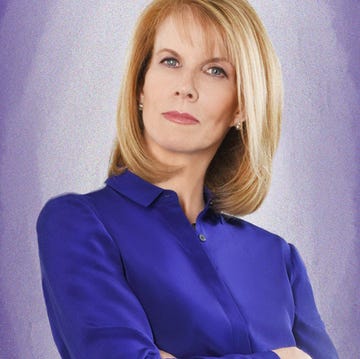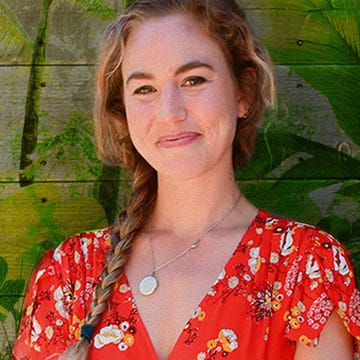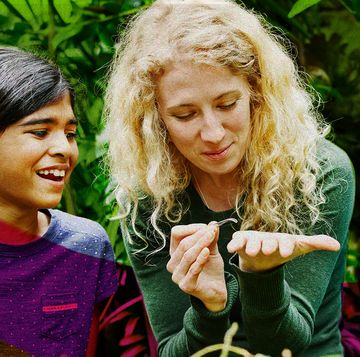Prince’s enduring rock classic “Let’s Go Crazy” is one of the most exuberant party anthems ever recorded, yet beneath its happy synths and head-bopping beat is a deep and important message. “We’re all excited,” the Purple One sings. “Don’t know why/Maybe it’s ’cause/We’re all gonna die.”
Morbid? Maybe a little. But the lyrics echo what mystics, philosophers, and existential thinkers have stressed for centuries: Death is an inescapable fact of life, and that is what gives life meaning. Knowing that death is imminent can also give people a sense of urgency and/or purpose they didn’t have before — this is what “bucket lists” are all about. Ideally, we’d all be living like we knew we were dying, filling our precious minutes doing things that give our lives meaning. But for the most part, we don’t. Commuting to work, checking homework, folding laundry, mindlessly scrolling through social media, and other mundane pursuits can suck up our mental bandwidth and aid in forgetting what we’re really here for.
Yet not everybody takes life for granted, and if there’s any group of people who know just how precious life is, it’s people who have had near-death experiences (which is also the preferred language for people who might’ve been clinically deceased but came back to life). As part of Shondaland’s exploration of purpose, we reached out to three people who have had brushes with death to hear what they have to say about the purpose of living. Here’s what they shared.
He lost his wife, son, and a leg in a horrible accident. But he gained a profound awareness.
Twenty-five years ago, Jeffery Olsen was driving his wife and two children back to their home in Bountiful, Utah, after an Easter weekend family gathering farther south. He nodded off for a moment and lost control of the vehicle; going upward of 75 miles per hour, the car flipped several times. When Olsen came to, pinned to the vehicle, he knew instantly that his wife and infant son in a car seat had died. (His older son survived.) He had to be medevaced from the scene; he’d broken his back, had his intestines ruptured from the seat belt, and he had to have a leg amputated. He spent some six months in the hospital and had 18 surgeries. For more than a decade, Olsen quite understandably couldn’t talk about what happened, but when he did finally begin to open up about the experience, he revealed that some extraordinary things took place that day.
“My soul left my body in that moment,” he tells Shondaland. “I was more alive than I’d ever been. I was super-conscious.” He says he was bathed and suspended in what he calls a bubble of light. His wife, who he knew was physically dead, communicated with him. “She kept saying, ‘You gotta go back. You gotta go back. You can’t come; you can’t be here.’ We had a conversation about how if I stick with her, our oldest son would be orphaned. We literally made a choice that I would come back and raise our son. So, purpose for me has a lot to do with free will and choice.”
Olsen, like other near-death experiencers, recalls feeling an out-of-body sensation — being able to float through time and space, seeing his own body while also seeming to “know” everyone around him, in this case the people in the hospital working to save his life. “I knew them perfectly,” he says. “It’s difficult to put into words, but I knew their love, their hate, their challenges, their motivations, their failures. They were me, and I was them. There was a oneness. That changed me forever.”
Raised in a conservative Christian household, Olsen says the experience brought him closer to what the teachings of Jesus talk about. “I am the man in prison; I am the beggar in the street. There was this profound, unconditional love that surrounded that experience. Judgments and comparisons literally just went out the window.”
Author of the book Knowing: Memoirs of a Journey Beyond the Veil and Choosing Joy After Tragic Loss, Olsen doesn’t necessarily believe that his life’s purpose is about becoming a best-selling author or the leader of a megachurch. He doesn’t even have social media anymore. Instead, he says, purpose is much more granular. “If I really want to change the world,” he says, “I’ve got to focus on the people under my own roof, in my own community, and make hands-on connections. Being a husband, a father, and a friend is a big deal. That for me is the purpose. It’s a very personal thing.”
She drowned and was resuscitated. Here’s what she learned.
Ingrid Honkala was only 2 or 3 years old when she nearly died, but she still vividly remembers the experience, and it had a lasting impact on her life. Living in Bogotá, Colombia, with her parents and sister at the time, Honkala was under the eye of a young housekeeper — or rather, she should have been — when she and her sister began playing near an open tank of water meant to collect rainwater for washing clothes. She fell in, and within a matter of moments began to lose consciousness. Somehow, her mom, who was at work, had a premonition something was wrong and raced home; she arrived in time to find her daughter and resuscitate her.
“She said I was like a rag doll,” Honkala recalls in a video. “My lips were completely blue. There was no life in my body.”
Honkala, however, experienced another realm of life in another dimension, she tells Shondaland. She experienced a sense of “nothingness” — a place with no sound or color, movement, or meaning, just a sense of being and being at one with everything. “I had this sense that everything was going to be okay.” As her mom, trained in CPR, revived her, Honkala says she felt pulled back into this earthly realm, suddenly aware of the discomfort and unease associated with being in a human body. But hers was a transformative experience, one that would color her life ever since — not least because shortly after, she had a newfound ability to read, solve math equations, and untangle complex puzzles. She also had a new awareness of life itself.
“There was this clarity that, oh, we [humans] are clearly a spirit and are eternal beings,” she says. That, she says, made her not as attached to the world as we know it anymore. “This is what I have found with a lot of the people that have had near-death experiences. We are less attached. There’s what I call the deeper reality that we are more [than] the role we play [on Earth]. For me, the true purpose [of life] is to remember that we are the light of the universe.”
She went on to study marine biology, earning a Ph.D. in marine science. Her career took her to the heights of the field: She worked for NASA, the Colombian navy, and the United Nations Educational, Scientific, and Cultural Organization before giving up all that work to write. Her book — A Brightly Guided Life: How a Scientist Learned to Hear Her Inner Wisdom — blends science and spiritual guidance. She also mentors, lectures, and guides retreats devoted to helping people raise consciousness and live with purpose.
“Nothing in the universe lacks purpose,” she says. “And everything that ever happened brought me to this moment. The purpose and the true mission is to shine that light in whatever we do. You are a doctor, you’re a carpenter, a housekeeper — whatever — being of service, being creative starts shining that light for others. That’s the purpose. We’re here to help each other to remember. How can I, in my daily life, bring light to the world?”
Why a man who nearly froze to death gave up on faith.
The first time Peter Panagore came close to dying, he almost froze to death. This was in 1980. He was 21, on an ice climbing trip with a friend up a mountain in Canada on the Alberta/British Columbia border. He’d had plenty of experience exploring and even camping in snow caves, but this time, things went horribly awry.
Underequipped for the challenges of the trip, the pair got left behind by other, faster-moving people on the climb and then found themselves on a ledge as the sun went down and the temperature dropped some 30 degrees. His body was violently shivering, and his eyeballs began to freeze. As the final stages of hypothermia began to set in, Panagore started to sleep, his vision narrowing until it went black and closed like a camera shutter. “Where the mountain should have been, there was an opening of infinite darkness,” he explains in a video about the ordeal.
Hours later, after Panagore says he communicated with a being who allowed him to come back after some pleading, his companion shook him awake, convinced Panagore had died. “I was stunned,” he tells Shondaland. “I didn’t understand. I was confused. But I came back with a purpose.”
Panagore became a progressive Christian clergyperson in order to make enlightenment and spiritual work his full-time job. “I worked with the homeless and the poor, migrants, the ailing and the wounded, children and the elderly, and the dying and the grieving, [the] domestically abused,” he says. He desperately wanted to understand what had happened to him, using his day job to help facilitate a connection to the divine. Crazy as it sounds, he had a near-death experience again in 2016, when he suffered a heart attack around the time his first book, Heaven Is Beautiful: How Dying Taught Me That Death Is Just the Beginning, came out.
Changed once more, Panagore gave up on the idea of faith as we know it; he stopped believing, for example, that Jesus was this sort of magical being. “I don’t see him that way. He’s more like me,” he says, meaning that in effect, we have the same abilities to move through time and space, to heal, and be at one with the cosmic force that holds life together. Rather than being aligned with any particular dogma, Panagore found purpose in sharing his experiences in hopes of making people see their own power and potential.
“My purpose has been to be a helper,” he tells Shondaland. “The purpose of living for me is being [in] the divine as much as I can be and [letting] the expression of that communication take its own path. I’ve been trying to relieve suffering, bring inspiration and hope. That’s really my job.”
That’s not always easy, of course; we as humans experience betrayals, misfortune, grief, and all manner of things that sometimes make living less than rosy. He recalls, for example, a time recently when a driver cut him off, narrowly missing his car.
“How do you face people who are jerks to you? Well, you know, I have emotions. I could taste metal in my mouth, the whole thing. But I took a breath. And I thought, ‘I don’t blame him for being a human being,’” Panagore says. “One of the things that happened to me when I was dead is that I saw that every human being is as broken as me. And so I see light inside them. I know [others] can’t really hurt me. I’m an eternal being. I know that sounds like I’m crazy, but that leads me to fun and excitement and curiosity and connection and creativity for the purpose of expressing this inexpressible divine light that everyone comes from and into which everyone returns.”
Malcolm Venable is a Senior Staff Writer at Shondaland. Follow him on Twitter @malcolmvenable.
Get Shondaland directly in your inbox: SUBSCRIBE TODAY

